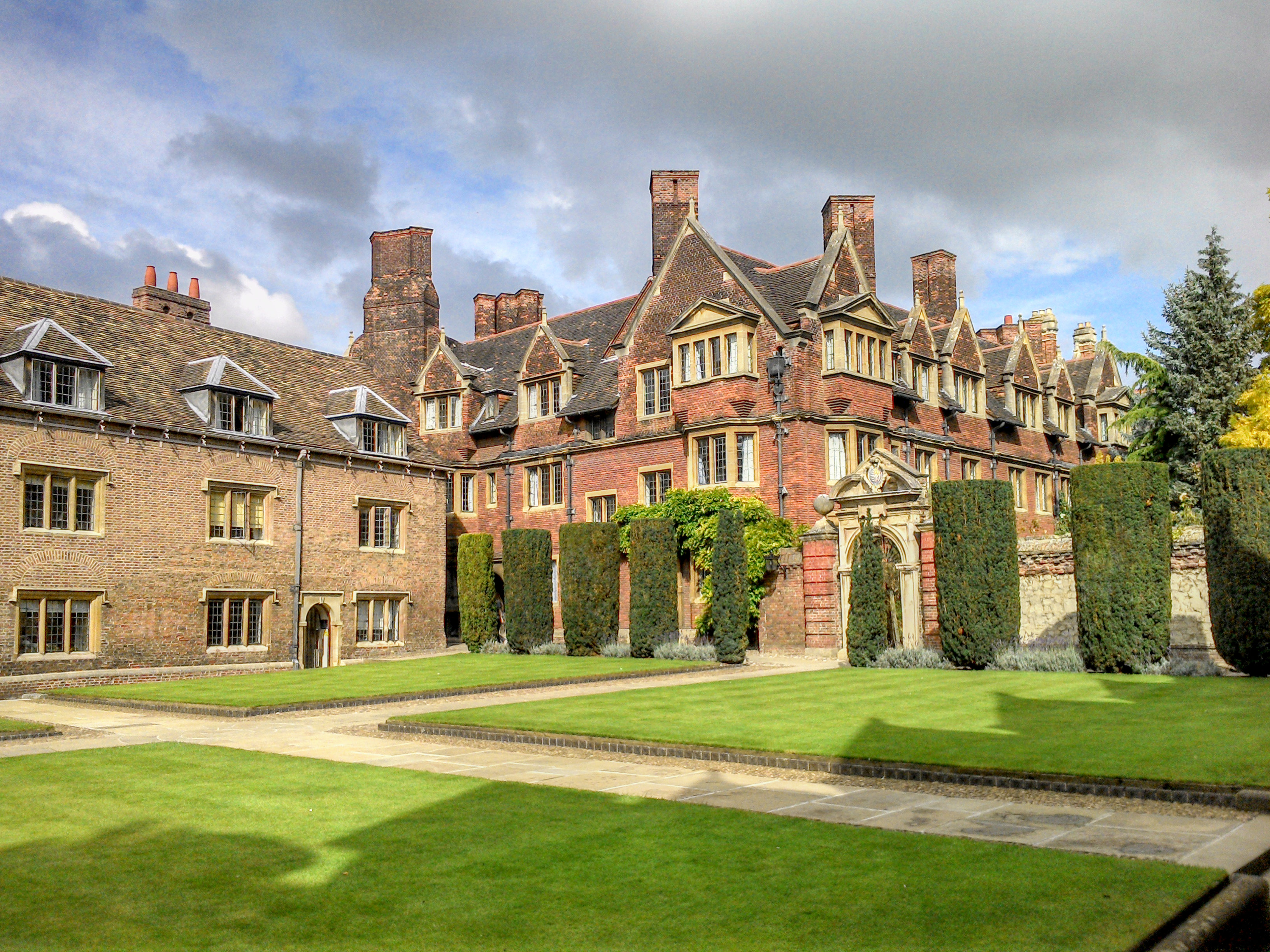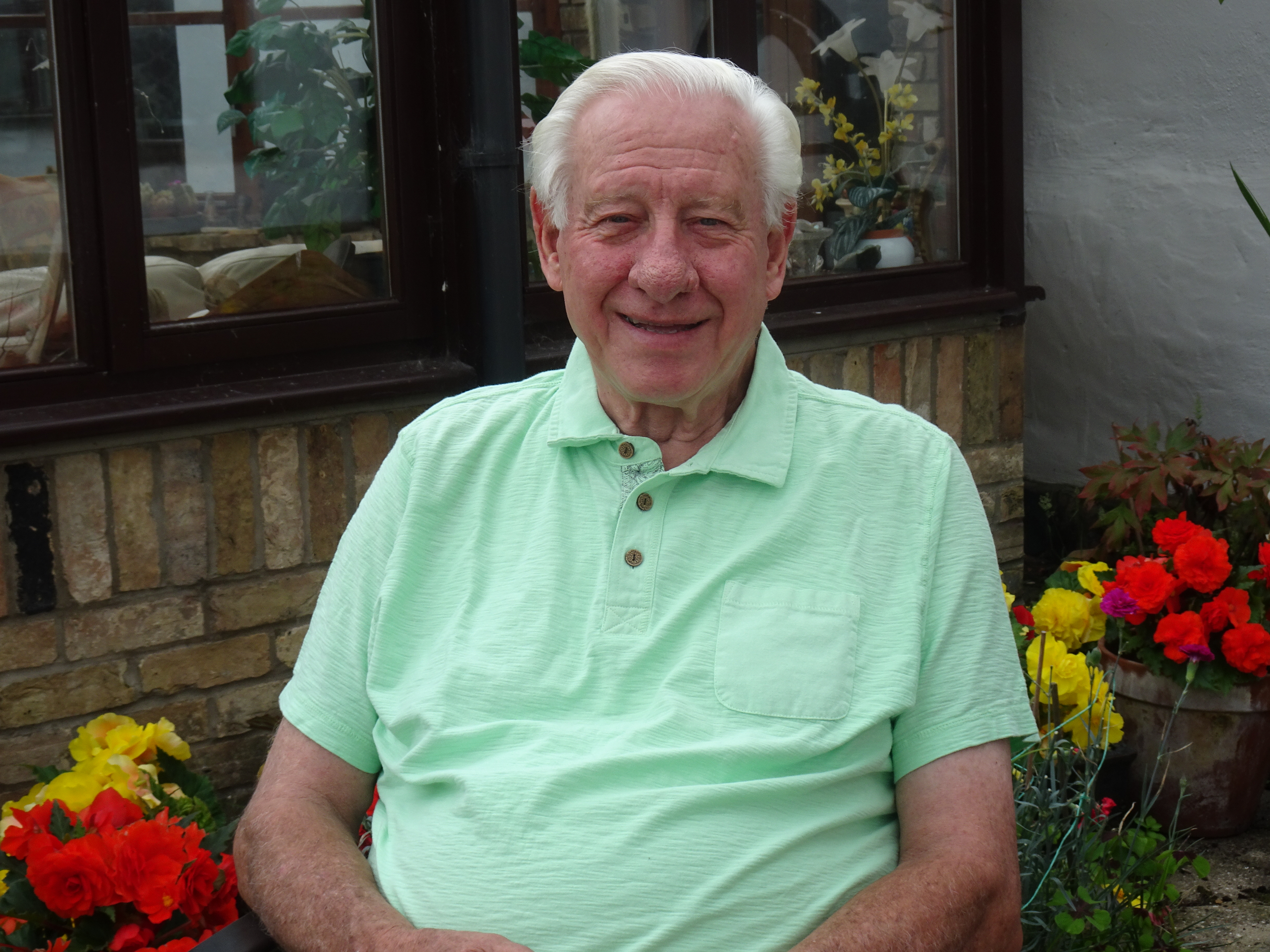April 2021 - Dr Peter Matthews (1999)
Environmental improvement is delivered by a coalition of the willing, government, corporate entities, academia and us, as individuals. Leadership is in itself a function of individual behaviour. We share aspirations as individuals, no matter what role we play - we must understand our own personal responsibilities. Dealing with climate change needs this sense of duty. Academia, from primary school to postgraduate, provides sources of wisdom in education and the opportunity of research to add to that wisdom. Professional institutions provide opportunities for individuals, no matter of what rank, to exchange views and for continuing professional development.
I worked with the Chartered Institution and Water and Environmental Management, the biggest institution focussed solely on the environment and parts of Cambridge University during the pandemic. CIWEM provides a conduit to its members with roles across the coalition of the willing. The pandemic offered opportunities to examine how various techniques work in achieving common goals for greater good within the constraints of a democracy, and in particular in dealing with climate change. I established a Linkedin site 'climate crisis and the pandemic' which provides a background to this blog - you are welcome to join.
The techniques for achieving common goals for greater good range from the gentle ‘nudges’ from behavioural insights to the hardest ‘shoves’ of regulation. They cover what we can do as individuals with free will, and what we must do to comply with statutory direction. These relationships in our legal and governance systems are based on a ruling in 1765 by Lord Camden, Chief Justice of the Common Pleas, which is still part of UK law. On one side of a boundary, the State may act lawfully only in a manner prescribed by statute, and on the other side, a citizen may do anything, but that which is forbidden by law.
Culture affects both sides of the boundary. Life has become more complex since 1765, the boundary is fuzzier. It is moved either way by changes in statute; the new democratic dynamic is choice, particularly with the delivery of aspirations such as a ‘green economy’. There are several tools available beyond the simplicity of Lord Camden’s ruling and these tools can be used to deliver change.
Democracy empowers Government to determine where the boundary lies, but as an expression of the will of the people and due process. It is moved by conscience, persuasion, education, incentives and penalties and is often enabled by new technology. If Government determines a new direction, such as reducing carbon emissions, or to meet new challenges, as it did in abating the COVID 19 pandemic, the consequent policy framework has to determine where the boundary lies and which delivery tools it will employ.
The preference is persuasion. If this does not work, then the tools employed become increasingly prescriptive. The paradox is that this causes increasing resistance, as we have seen recently. There were no public protests over the ban on plastic cotton buds, but there have been for face masks. With cotton buds, there are alternatives with cardboard, but with masks there is no choice unless there are medical reasons. It is about choice editing and the elasticity of tolerance to mitigation; the less choice, the greater chance of resistance.
A major lesson from the pandemic is that change is effected best with a mix of techniques. It is encapsulated by the maxim ‘mankind cannot be green by regulation alone’.
The CIWEM Past Presidents Group is developing a matrix tool, which matches available techniques for delivery with what needs delivering (January 2021, LinkedIn post) and applying it to climate change. There does not appear to be a single document covering all the techniques, so the CIWEM Past Presidents Group is producing a handbook which will aid teaching, continuing professional development and corporate wisdom. We are seeking partners to produce contributions on specific aspects - anyone interested should contact me - slepeymatthews@gmail.com . Understanding the issues underpinning the matrix will be essential in delivering the Government’s aspirations to meet climate change targets by 2035 that have only just been announced.
One lesson, which resonates with the theme of this blog series, is that there is evidence in the news every day of ‘crisis fatigue’ and, in spite of the aspirations to ‘build back green’, there may be intolerance in making changes to our lives. We need to use a more engaging syntax and this may be within the concept of ‘climate change rescue’. Rescue is a positive concept in which we are saved from catastrophe. It does not deny crisis, it responds to it.
Our work continues…
Dr Peter Matthews CBE OBE HonFSE CEnv
Dr Peter Matthews first became involved with the Corporate Partnership Programme though Anglian Water’s sponsorship of University research through Pembroke College. Peter was a William Pitt Fellow from 1999 to 2000 and continues to work with the Programme, having been engaged in developing ideas on how the pandemic can provide valuable lessons for climate change rescue over the last year. After leaving Anglian Water, he served on the boards of several organisations, including the Environment Agency and Anglia Ruskin University and was a member of the Royal Commission on Environmental Pollution 2008-2011. He was the founding Chair of the Utility Regulator for Northern Ireland and of Natural Resources Wales and was a founder and Chair of the Society for the Environment. He has been involved with the Chartered Institution of Water and Environmental Management (CIWEM) for over 50 years and was President in 1989. He was awarded an OBE in 2007 and a CBE in 2016 for his services to the water industry and the environment.

